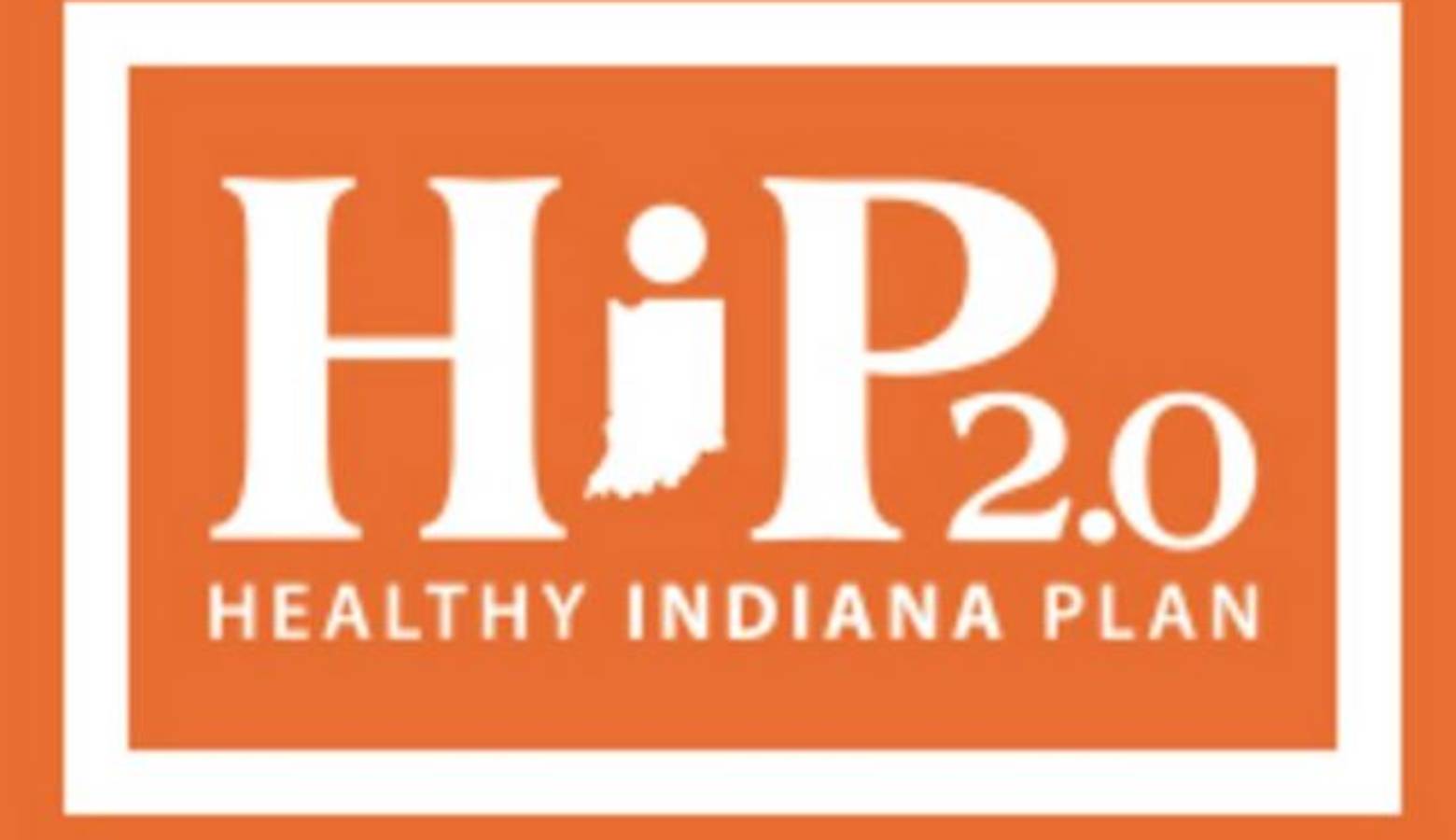Indiana Wants HIP 2.0 to Have a Work Requirement

In a week when federal health policy is making news, Indiana is also looking to make some unique changes to its Medicaid program, the Healthy Indiana Plan, or HIP 2.0. Side Effects Public Media’s Jake Harper reports.
Indiana has released a proposal to add a work requirement to the Healthy Indiana Plan, or HIP 2.0. After gathering public comment, Indiana is planning to submit the proposal to the Centers for Medicare and Medicaid Services. If approved, the plan requires HIP members to put in time each week working, job hunting, job training or studying—or risk having their health care suspended.
The proposed changes to Indiana’s existing Medicaid waiver were quietly released for public comment Wednesday afternoon in a letter from Governor Holcomb, with a public hearing on the issue to be held Thursday morning. Other states have asked CMS to approve a work requirement without success — the rules could cause people to lose coverage — but earlier this year, the Trump administration indicated that it might be open to such proposals. Seema Verma, who designed Indiana’s program, now heads CMS.
Under the proposed rule in Indiana , HIP members must gradually increase their hours, eventually requiring 20 hours per week of work or other qualifying activities. Some people, such as pregnant women, students, and people with disabilities, would be exempt.
Susan Jo Thomas of Covering Kids and Families of Indiana, a health care advocacy group, is supportive of those exemptions. “I think it’s really forward looking to understand that those groups are not able to enter the work place,” she says.
If non-exempt members don’t meet their required number of hours, their health coverage would be suspended until they’ve met the requirement for a month.
The proposed amendment also seeks to change how the program collects member payments. Currently, member payments are calculated on a monthly basis. The state wants to adopt a tiered system in an effort to make payment amounts more predictable for members and reduce the administrative costs of the program.
The state is also seeking a higher reimbursement rate for addiction treatment, in an effort to increase the number of doctors treating the disease.
The proposed changes will be open for public comment via letter or e-mail until June 23rd.
